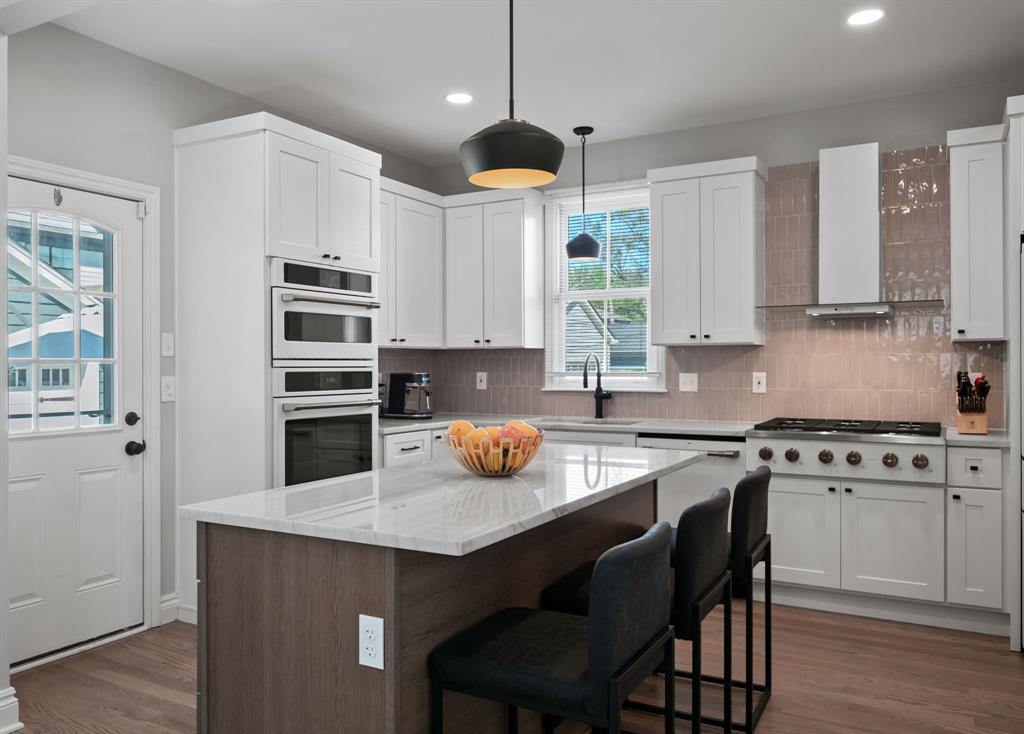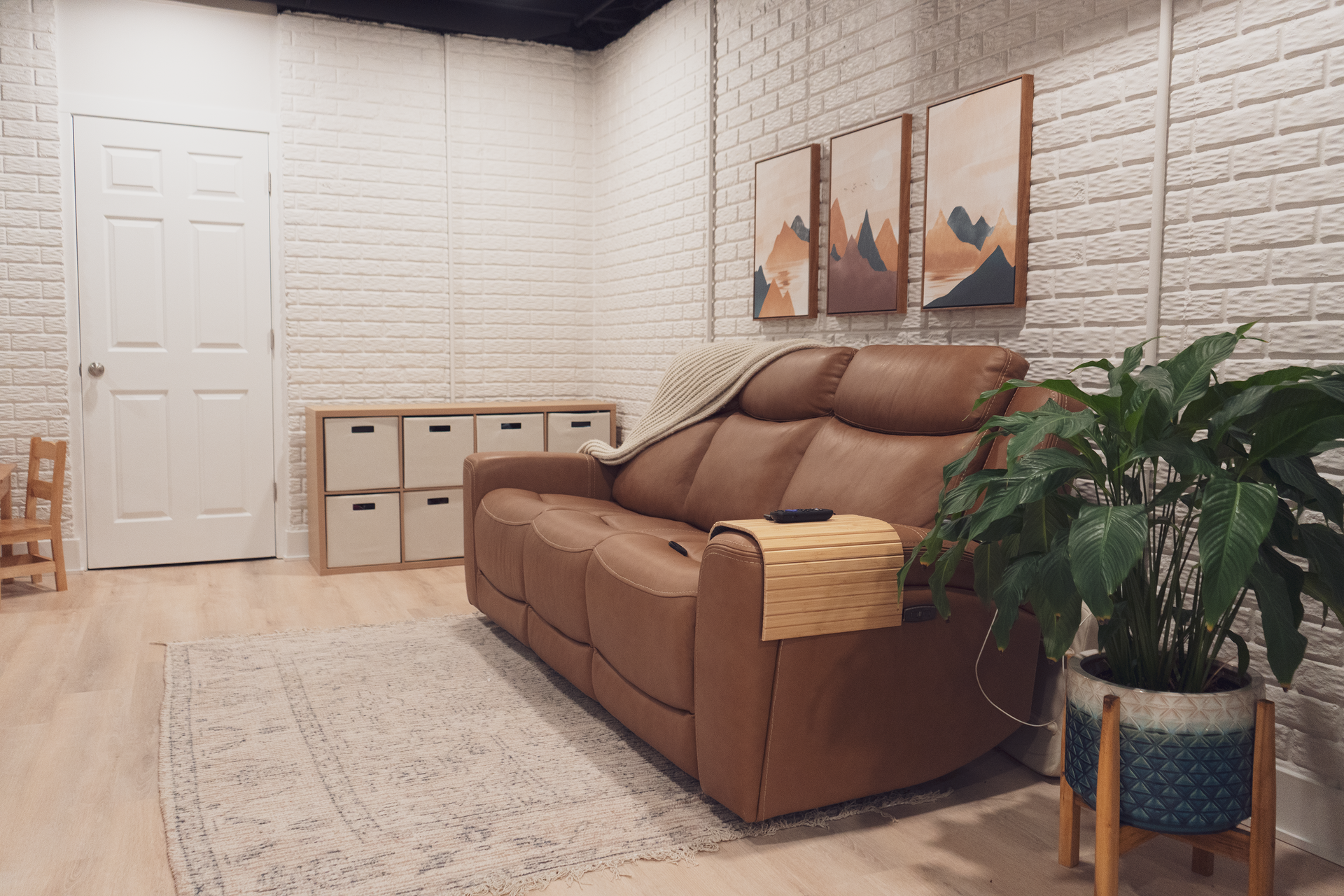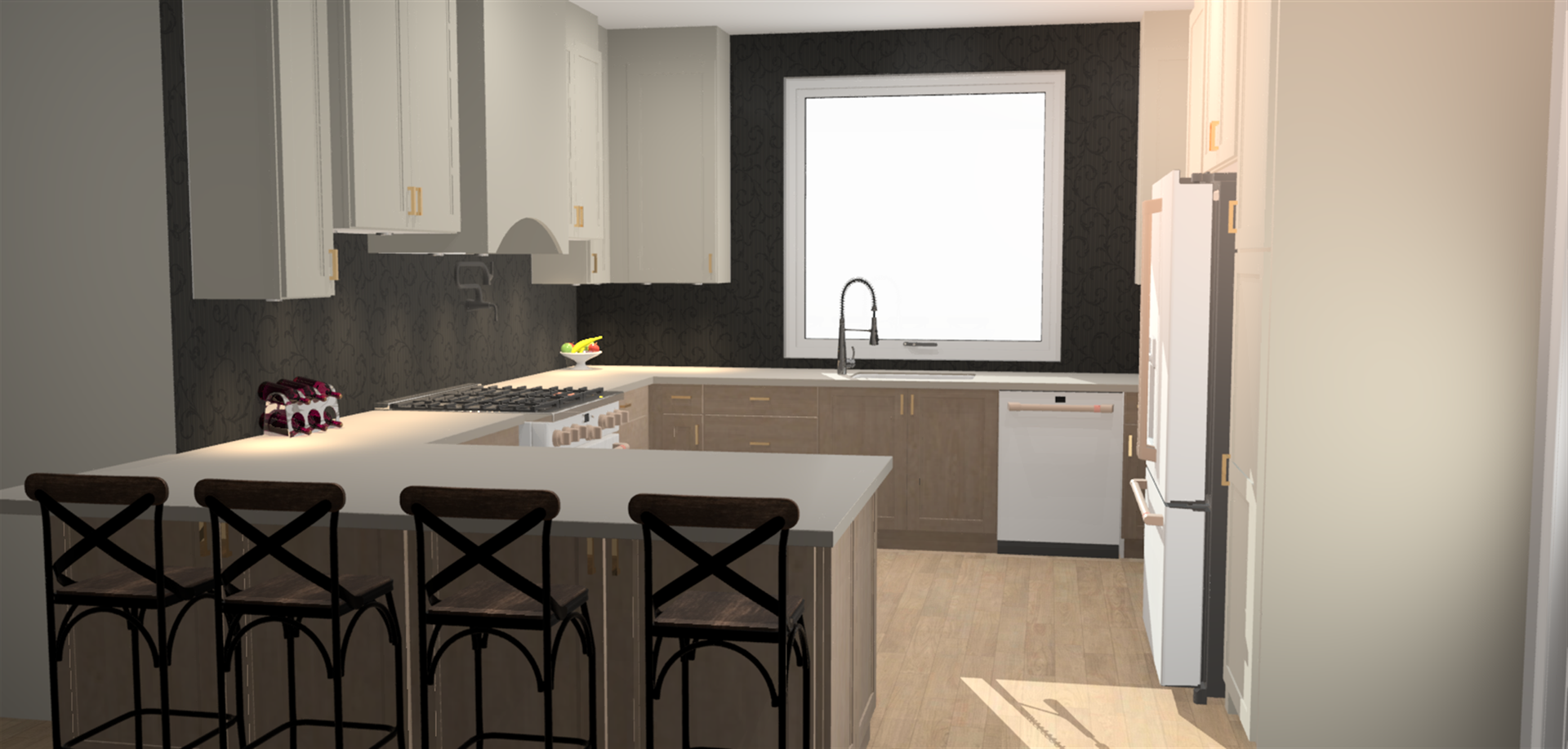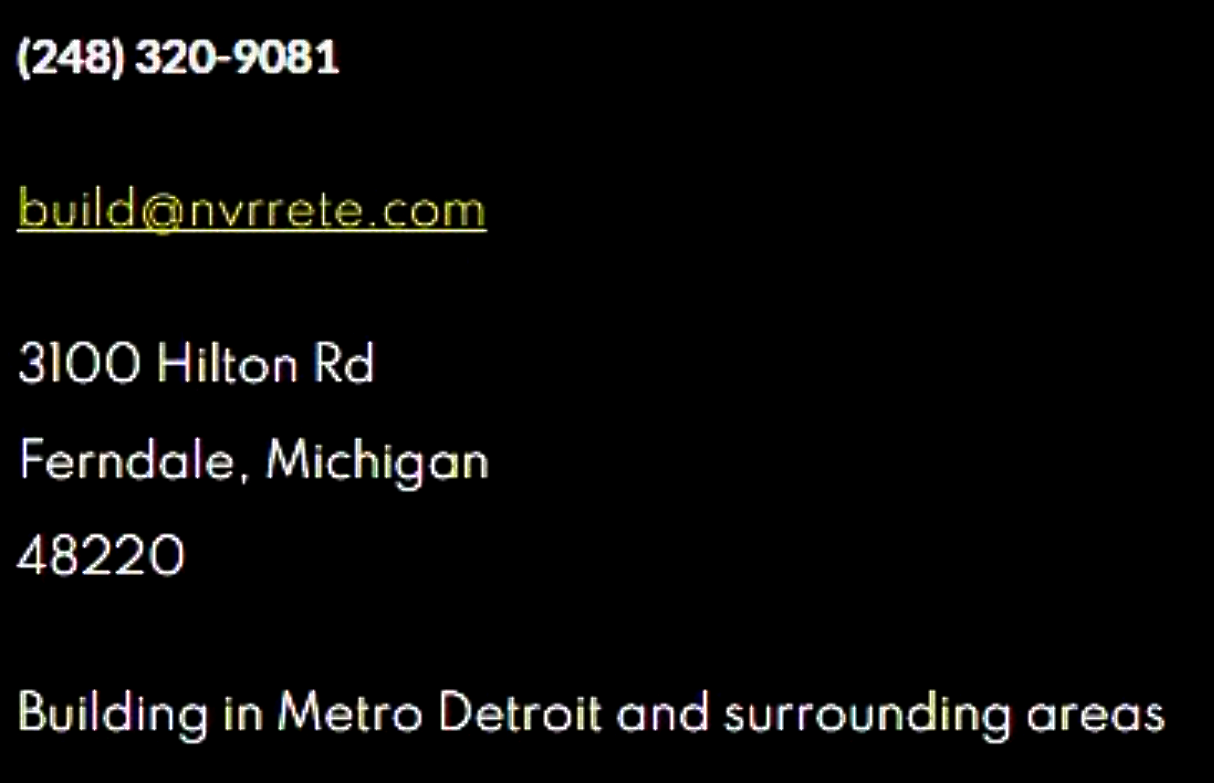Finished Basement as Square Footage in Michigan: What You Need to Know
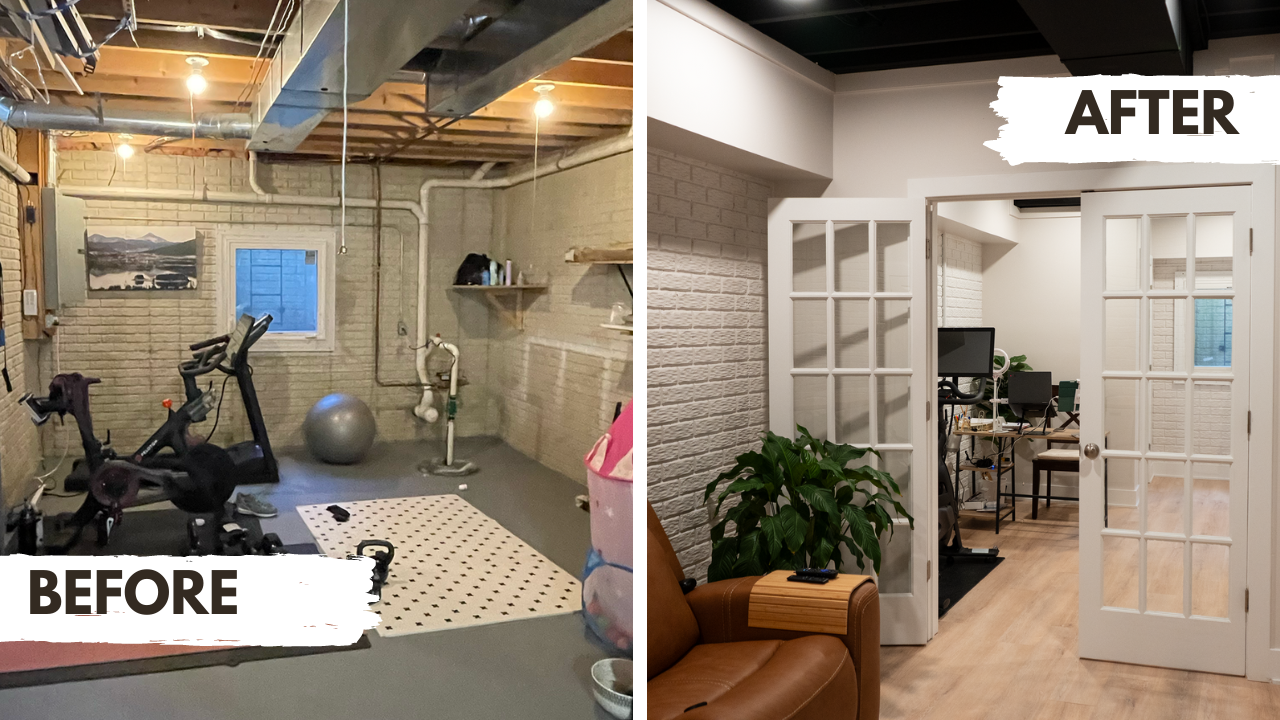
When you look at a home’s square footage, it’s easy to assume that bigger means better. But in Michigan, as with many places, determining square footage isn't always so straightforward, especially when it comes to finished basements. Whether or not these subterranean spaces count toward a home's total livable area often leaves homeowners, buyers, and even real estate professionals scratching their heads. So, how exactly do finished basements fit into the square footage equation in Michigan? Let's break it down.
Understanding the Definition of Square Footage
Square footage in real estate is more than just a number, it reflects the area of a home that’s deemed livable, usable, and up to code. Typically, the calculation includes spaces that meet certain criteria such as having adequate ceiling height, being properly heated or cooled, and most importantly, being above grade. Above grade means that the area is at ground level or higher, making it part of the primary living area.
This is where basements fall into a gray zone. Even if finished with all the bells and whistles (carpet, drywall, a cozy rec room), it might not always count toward a home’s total square footage because most basements are below grade. However, that doesn’t mean a finished basement doesn’t add value to a property. Far from it.
Michigan’s Approach to Finished Basements
In Michigan, whether or not your finished basement can be considered part of your home’s total square footage depends on several factors, from local building codes to real estate appraisal practices.
First, let’s talk about building codes. Each municipality in Michigan may have specific regulations that dictate whether a finished basement can be considered livable square footage. This can hinge on things like ceiling height, the presence of egress windows, and the overall quality of the finishes. For example, if your basement has the proper exit points and meets all code requirements, it may be considered usable living space. But, even then, it may still be counted separately in real estate listings.
This brings us to appraisal standards. Appraisers often follow guidelines from organizations like the American National Standards Institute (ANSI). These standards typically don’t include basements, even finished ones, in the square footage tally because they’re below grade. However, appraisers may still consider a finished basement when evaluating the overall value of your home, especially in Michigan, where finished basements are highly valued by homeowners and buyers alike.
So, while your basement may not officially add to your square footage, it can certainly add to your home's appeal, particularly in competitive real estate markets.
The Value of a Finished Basement: More Than Just a Number
Even if a finished basement isn’t counted in the square footage, it can still significantly impact your home’s market value. This is particularly true in Michigan, where basements are common due to our often unpredictable weather. A finished basement can provide essential extra space, whether for a family room, home office, or guest suite, making your home more versatile and attractive to potential buyers.
Michigan buyers tend to appreciate the functionality of a finished basement, whether they’re looking for extra living space or simply a safe place to hang out during a winter storm. While it might not appear on paper as square footage, the benefits of having a finished basement are undeniable, both for everyday life and resale value.
Considerations for Homeowners and Buyers
If you’re a homeowner looking to finish your basement with the hopes of adding value to your property, it’s crucial to start by understanding your local building codes and real estate market.
Will a finished basement make your home more appealing? Absolutely. But will it necessarily increase your official square footage? Not always. However, what it will do is increase the livable, usable space within your home, something that buyers will take notice of, even if it’s not included in the total square footage.
Similarly, if you’re a buyer, it’s essential to ask questions when evaluating homes with finished basements. Is the space up to code? Does it meet your needs for livability and function? And while square footage is important, it’s just one piece of the puzzle. A finished basement might be the extra space you need, even if it doesn’t make the home "larger" by the numbers.
Wrapping Up: Michigan's Take on Finished Basements and Square Footage
The question of whether a finished basement counts as square footage in Michigan doesn’t have a simple yes or no answer, it depends on factors like local building codes, appraisal standards, and market trends. While a finished basement may not always be reflected in the official square footage, it undeniably adds to a home’s usability, appeal, and value.
If you’re thinking of finishing your basement or buying a home with one, it’s worth considering not just what’s on paper, but how that extra space enhances the livability and versatility of the property. After all, in Michigan, where basements are practically a staple of residential homes, a finished basement might just be the hidden gem that adds that much-needed room to grow.
At Nvrrete, we specialize in transforming underutilized spaces into beautiful, functional areas that align with your vision and lifestyle. Whether you're looking to add value to your home, create a cozy family room, or design a multi-purpose space, we can guide you through the process with ease and expertise. From planning and design to high-quality craftsmanship, we ensure your finished basement becomes a valuable extension of your home. Reach out to us today to discover how we can help you maximize your space and elevate your living experience.
Ready to get your basement finished?
Contact Us
We will get back to you as soon as possible.
Please try again later.
Categories

Start Your Journey Today!
